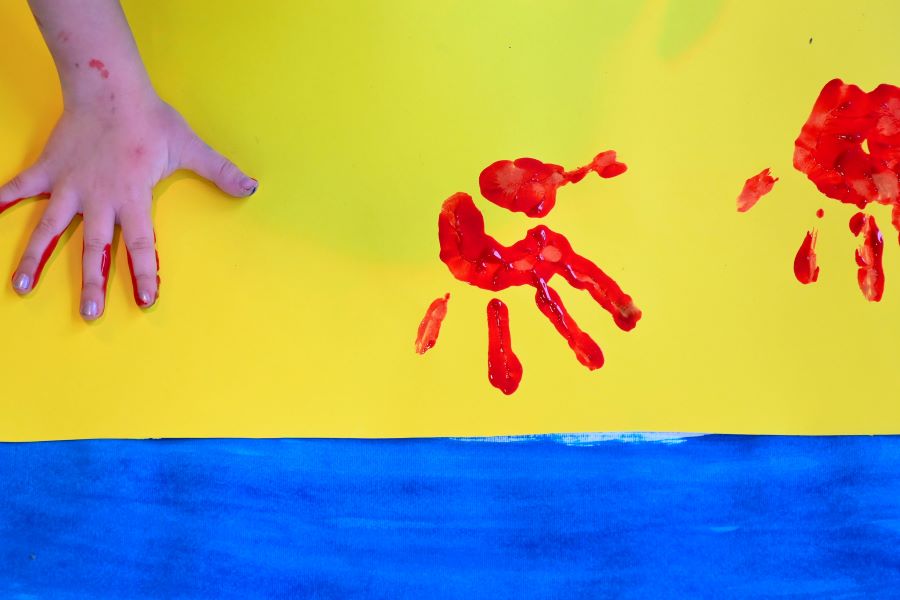
by News Decoder | 24 Feb 2022 | Conflict, Educators' Catalog, Europe, Future of Democracy, Joe Biden, Ukraine, World
We asked News Decoder correspondents why young people should care about Russia’s invasion of Ukraine. Here’s what they said. An Ukrainian child stamps her painted hand on the Ukrainian flag during a protest outside the Russian embassy in Beirut, Lebanon,...
Russia’s invasion of Ukraine dominates the news. With so much changing so rapidly, it can be difficult to get a big picture view of the context, implications and side effects of the attacks. When you live far away from the conflict, it can be difficult to know why you should care, with all the other problems in the world, and what — and who — to believe.
In this compilation, News Decoder correspondents offer different perspectives to consider about the war in Ukraine and potential consequences around the globe — and even in space. They bring decades of experience covering politics, foreign affairs and conflict — many having been based in Russia and Eastern Europe — to help place the invasion in a larger context. Their commentary provides a launching point for discussion.
Exercise: Ask students what questions they have about Ukraine and how the conflict might have an impact on your country.
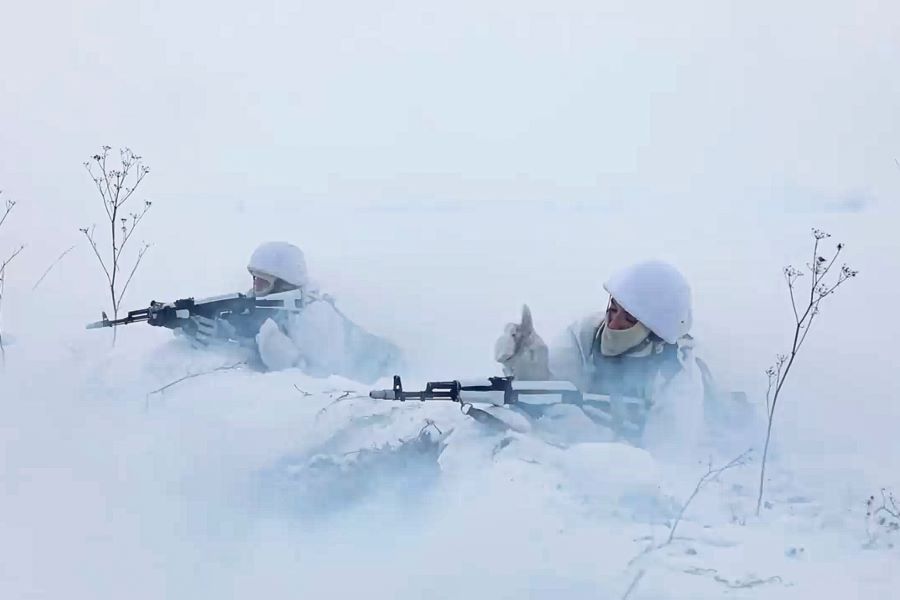
by Natasha Comeau | 14 Feb 2022 | Conflict, Decoders, Europe, Ukraine
Neighbors Russia and Ukraine share a common history that looms over Europe’s deepest security crisis in decades. In this image released by the Russian Defense Ministry Press Service on 2 February 2022, Russian soldiers attend military training at the Yurginsky...
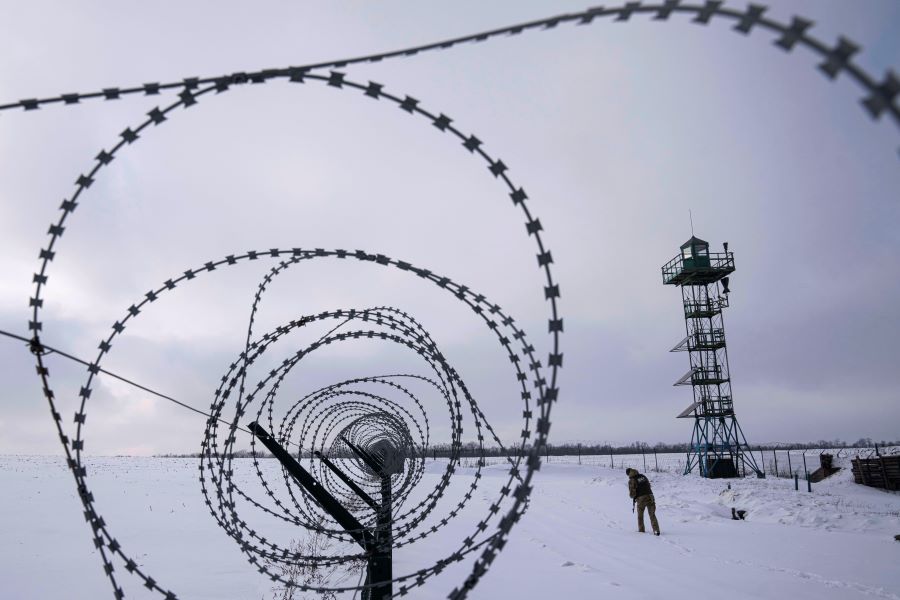
by Daniel Warner | 4 Feb 2022 | Conflict, Educators' Catalog, Europe, Joe Biden, Politics, Ukraine
Reminiscent of tensions during the Cold War, the Ukraine crisis represents the most serious East-West confrontation since the end of the Soviet Union. A Ukrainian guard patrols the border with Russia near Hoptivka village, Kharkiv region, Ukraine, 2 February 2022. (AP...
For a deeper dive into the history leading up to the war in Ukraine, consider this report from Daniel Warner, a political scientist, lecturer and expert in international organizations. While diplomatic negotiations have failed, the article provides an overview to decode historic ties between Russia and Ukraine, NATO’s actions, the potential impact on energy supply chains and thoughts on the future of the security architecture of international alliances.
Exercise: This article was written three weeks before the conflict began. Ask students to compare the theoretical discussion of conflict to what is happening in reality. What do they think was the tipping point for Russia to invade?
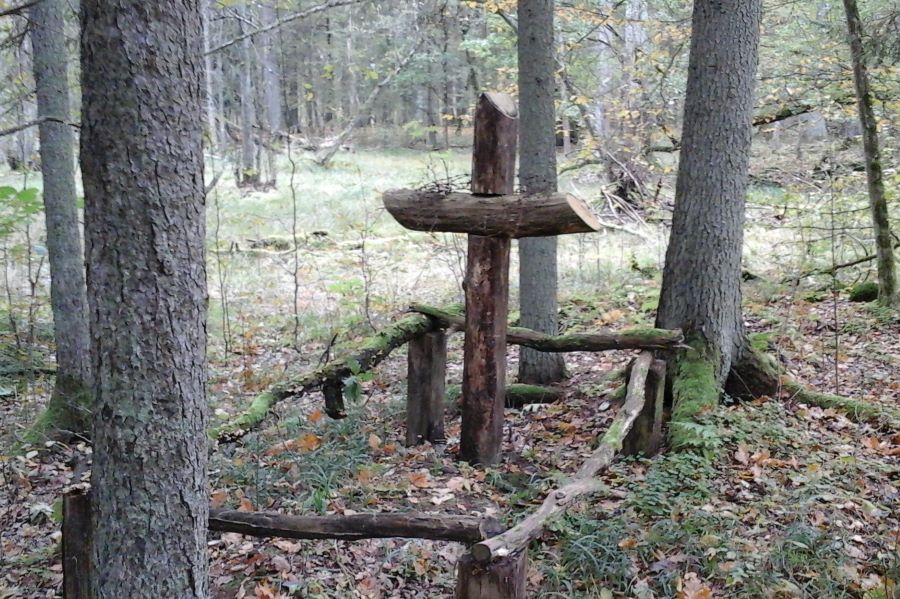
by Helen Womack | 11 Nov 2021 | Europe, Human Rights, Immigration, Politics
Thousands of refugees are in limbo in a forest straddling Poland and Belarus, caught in a humanitarian vice that is raising tensions in Europe. A wooden cross in Białowieża forest in eastern Poland in 2016 (Photo by Helen Womack) In the ancient Białowieża forest in...
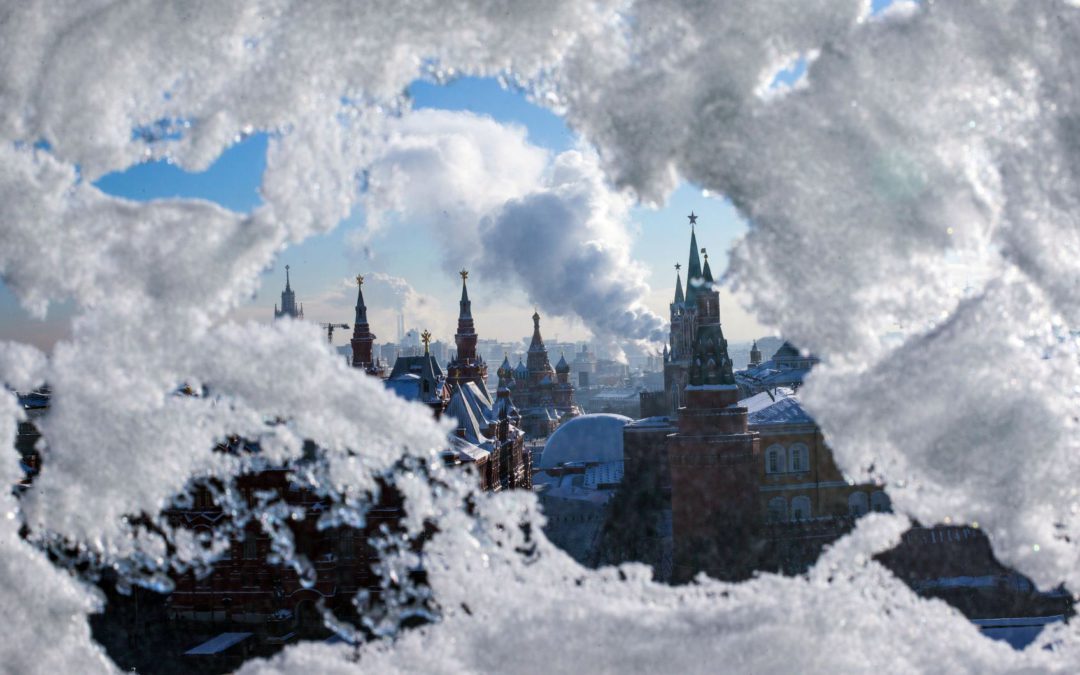
by Sarah Lindemann-Komarova | 15 Feb 2021 | Educators' Catalog, Europe, Future of Democracy, Human Rights, Politics
Russians are keen for change but are not necessarily pinning their hopes on dissident Alexei Navalny as an alternative to Vladimir Putin. The Kremlin, Moscow, Russia, 23 January 2013 (EPA/SERGEI ILNITSKY) Tens of thousands of Russians have taken to the streets in...
Harried journalists often depict complex situations in black and white, and the temptation is especially strong when one is on a bandwagon with reporters convinced of a single narrative. Alexei Navalny has captured the imagination of the West and for many embodies the future of democracy in Russia as an alter-ego to Vladimir Putin. Sarah Lindemann-Komarova has lived in Siberia for 28 years and brings a more nuanced perspective to the story. Little wonder that her article, which notes the skepticism with which many Russians view the Kremlin critic, quickly attracted comments from readers following Navalny’s saga. Ask your students who their political heroes are and why. And who does not like them — and why.





